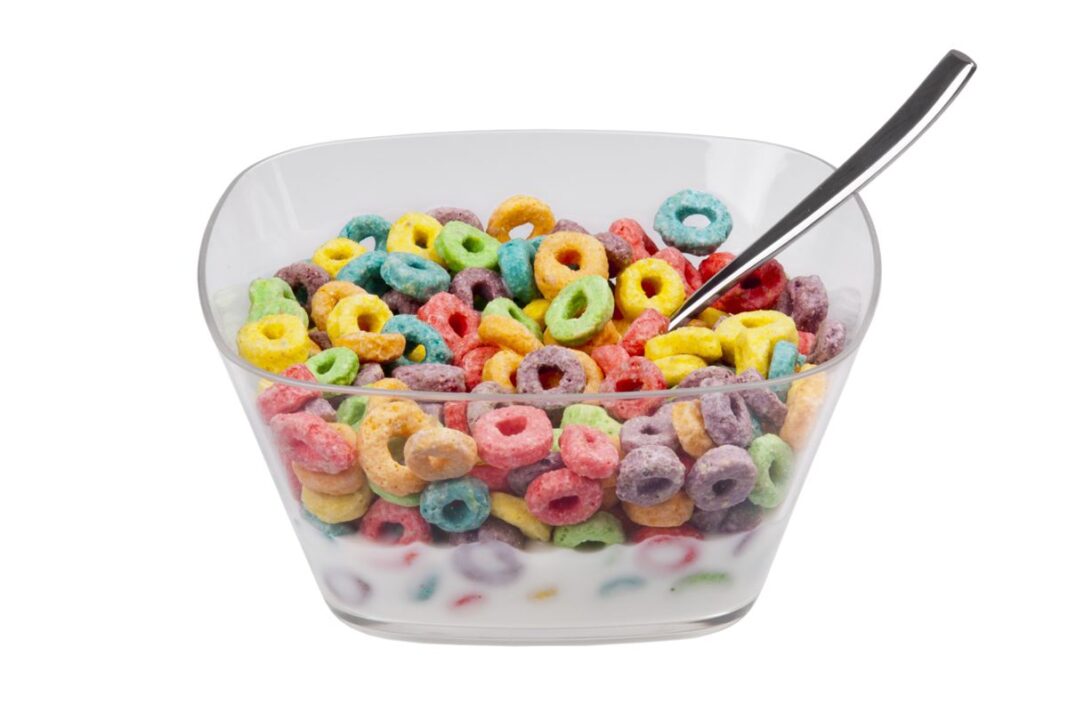Research has linked ultra-processed foods to mental health issues, prompting scientists to suggest strategies to discourage their consumption.
When you pick up a cigarette packet, the warning is clear: Smoking causes lung cancer and other health issues. Reach for a bottle of alcohol, and you’re met with labels warning of its harm. Yet in grocery stores, we—and our children—can grab ultra-processed foods (UPFs) without a single warning about their potential health consequences.
A 2024 systematic umbrella review in the BMJ linked UPFs to a myriad of chronic conditions that could warrant a warning label. One of the overlooked dangers of consuming UPFs is their impact on mental health.
UPFs are linked to depression and anxiety through effects like increased inflammation and disruption of the microbiome. Reducing UPF consumption can be difficult due to UPFs’ effects on brain chemistry, but adopting practical strategies can be the first step toward improving mental health.
What Are UPFs?
Would your great-grandmother recognize what you’re eating as food? Can it be planted, or does it have a mother? If the answer is no, chances are you’re consuming a highly processed version of something that was once meant to nourish and fuel us.
UPFs, as defined by the Nova classification, include items like packaged snacks, soft drinks, instant noodles, and ready-made meals. These products are made from chemically altered food extracts and additives designed to improve flavor, texture, and shelf life.
“If you can’t pronounce the ingredients on a label or wouldn’t stock it in your pantry, it’s likely ultra-processed,” Theresa Gentile, a registered dietitian nutritionist and spokesperson for the Academy of Nutrition and Dietetics, told The Epoch Times.
Addressing Anxiety and Depression
A 2022 meta-analysis found a link between ultra-processed food consumption and mental health. Those with higher UPF intake had a 53 percent greater likelihood of experiencing symptoms of both depression and anxiety. When examined separately, the risks were still high: 44 percent higher for depression and 48 percent higher for anxiety.
Research shows that higher consumption of artificial sweeteners, like aspartame, and flavor enhancers like monosodium glutamate (MSG)—both common in UPFs—disrupts neurotransmitters involved in mood regulation, including serotonin, dopamine, and norepinephrine (increases alertness and focus).
By Zena le Roux







